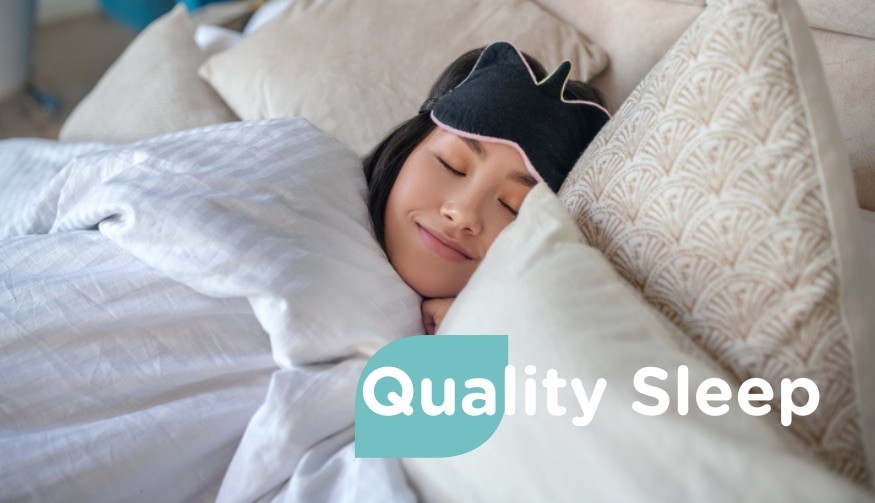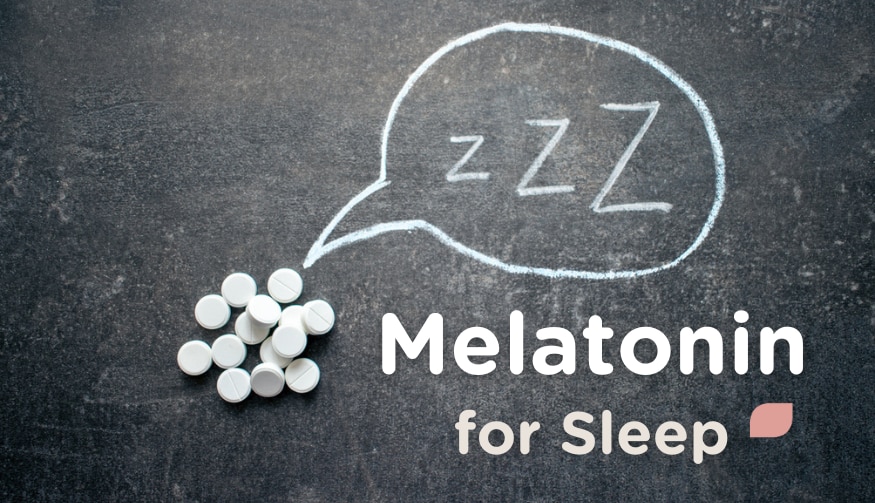If you’ve ever struggled to get a good night’s rest, you’re not alone. Sleep is essential for physical health, emotional well-being, and overall productivity, yet many of us find ourselves tossing and turning at night. While lifestyle changes like reducing screen time and practicing relaxation techniques are key, certain vitamins and supplements can also play a role in supporting restful sleep. Here are nine effective vitamins and supplements to help you achieve quality night sleep.
If you have concerns or questions, please seek medical advice before use.
(Source credit: Sleep Foundation.org and National Library of Medicine)
9 Vitamins and Supplements for better sleep:
1. Vitamins B
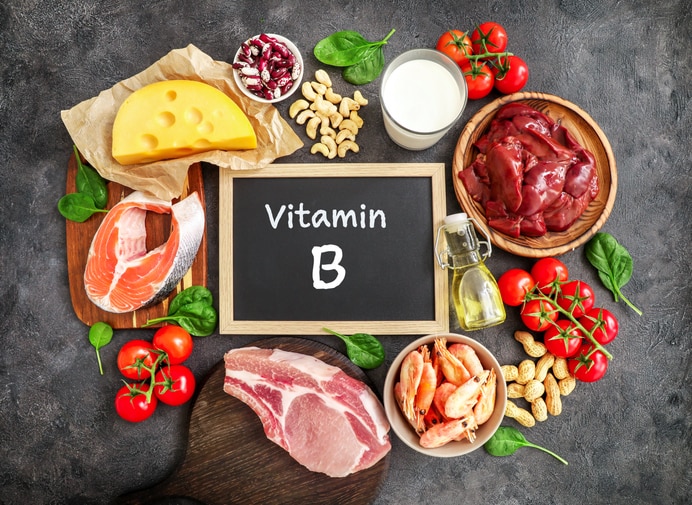
Vitamin B plays a vital role in promoting healthy sleep patterns. Specifically, vitamin B6 aids in producing serotonin, a neurotransmitter that regulates sleep and mood. Additionally, vitamin B12 supports the production of melatonin, a hormone that regulates the sleep-wake cycle.
- Food sources of vitamin B: whole grains, meat, eggs, seeds, etc
2. Vitamin D

Vitamin D, known for its role in bone health, also influences the brain regions controlling the sleep-wake cycle. Mainly produced in response to sunlight, vitamin D affects sleep timing and melatonin levels, the sleep hormone. It may also regulate other genes and substances involved in the sleep-wake cycle. Obtaining sufficient vitamin D through sunlight, food, or supplements is crucial for optimal sleep regulation.
- Food sources of vitamin D: Eggs, salmon, tuna fish, fortified foods, etc
3. Vitamin E
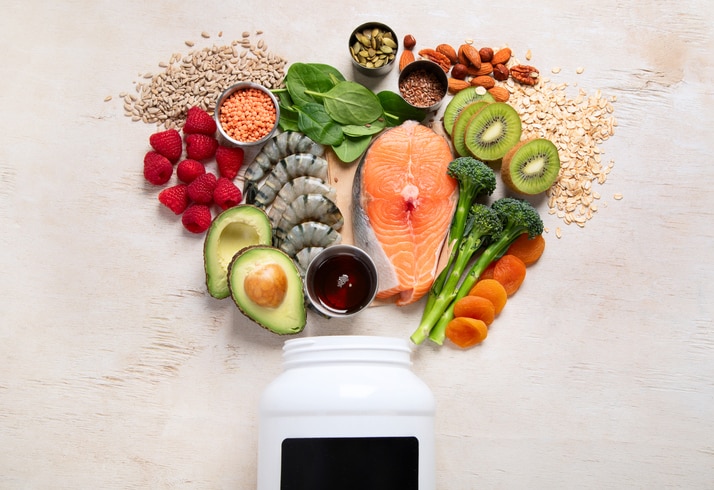
Vitamin E’s antioxidant properties suggest that it may improve sleep quality. Additionally, vitamin E has the potential to alleviate night sweats, a common symptom experienced during menopause that often disrupts sleep.
- Food sources of vitamin E: vegetable oils, nuts and seeds, as well as green leafy vegetables, etc
4. Vitamin K
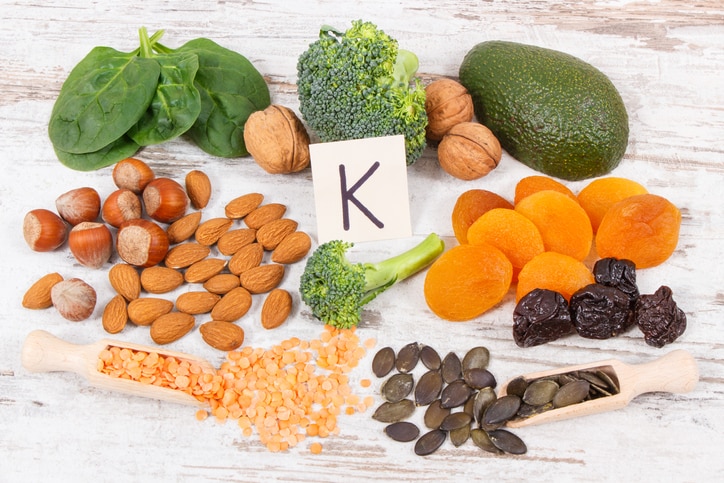
Research has shown a correlation between insufficient levels of vitamin K, shorter sleep duration, and poorer sleep quality. Additionally, low levels of vitamin K have been associated with depression and oxidative stress, both of which can have adverse effects on sleep.
- Food sources of vitamin K: Leafy green vegetables, green herbs, natto, prunes, avocado, etc
5. Calcium
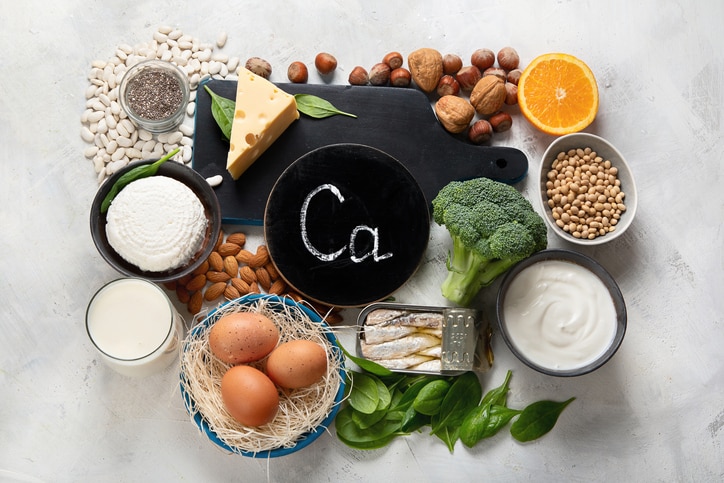
Have you ever got the advice to drink a glass of warm milk to help you sleep better? Dairy products contain calcium and tryptophan, which allow the brain to produce melatonin, a hormone that promotes healthy sleep.
- Food sources of Calcium: dairy products, fish with bones, dark leafy vegetables, beans and lentils, fortified breakfast cereals, etc
Magnesium
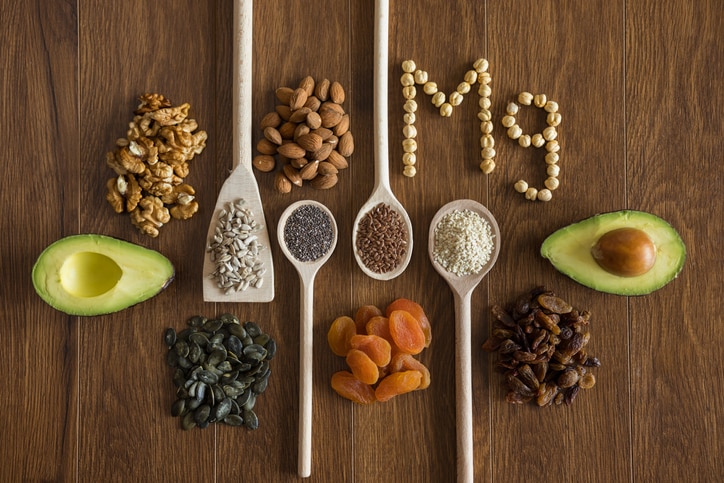
Magnesium can help release muscle tension, which is essential for preparing the body for restful sleep. It has also been found to relax the nervous system, promoting a sense of calmness and reducing muscle tension.
- Food sources of Magnesium: almonds, peanuts, cashews, chocolate, etc
Melatonin
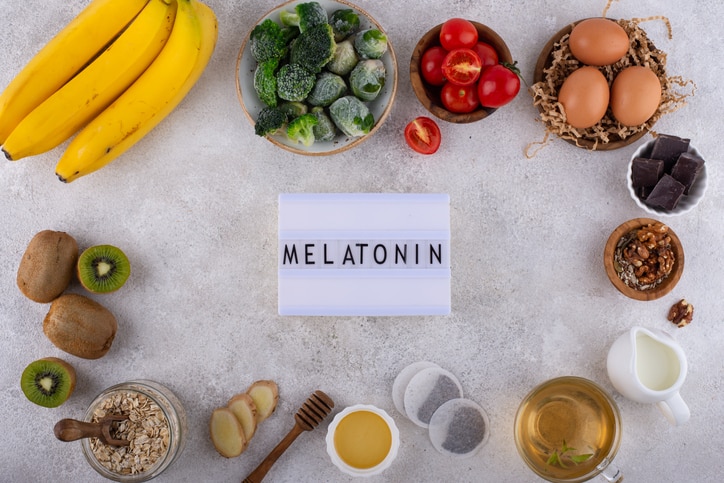
Melatonin is often used as a sleep aid and is considered beneficial. Melatonin supplements are commonly used to help regulate sleep patterns, particularly for individuals who have trouble falling asleep or experience jet lag or shift work sleep disorders. By taking melatonin supplements, individuals can increase their melatonin levels, which can help signal to the body that it’s time to sleep.
- Food sources of Melatonin: almonds, rice, oats, fruit (pineapples, oranges, grapes or tart cherries, etc)
Iron
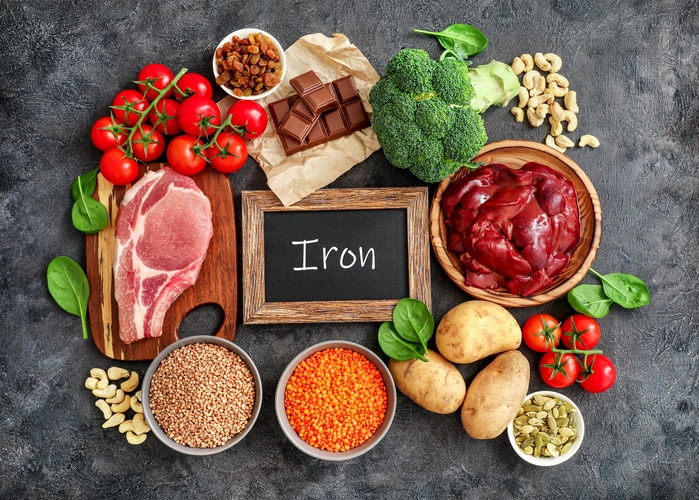
Iron plays a vital role in transporting oxygen throughout the body, and a deficiency can lead to fatigue and low energy levels. It has also been associated with restless leg syndrome, characterized by an uncontrollable urge to move the legs, particularly during bedtime. Iron deficiency is prevalent, especially among women.
If you suffer from iron deficiency anemia, incorporating iron supplements and increasing your intake of iron-rich foods can improve your sleep quality.
- Food sources of iron: red meat, seafood, spinach, iron-fortified cereals, etc
Valerian Root
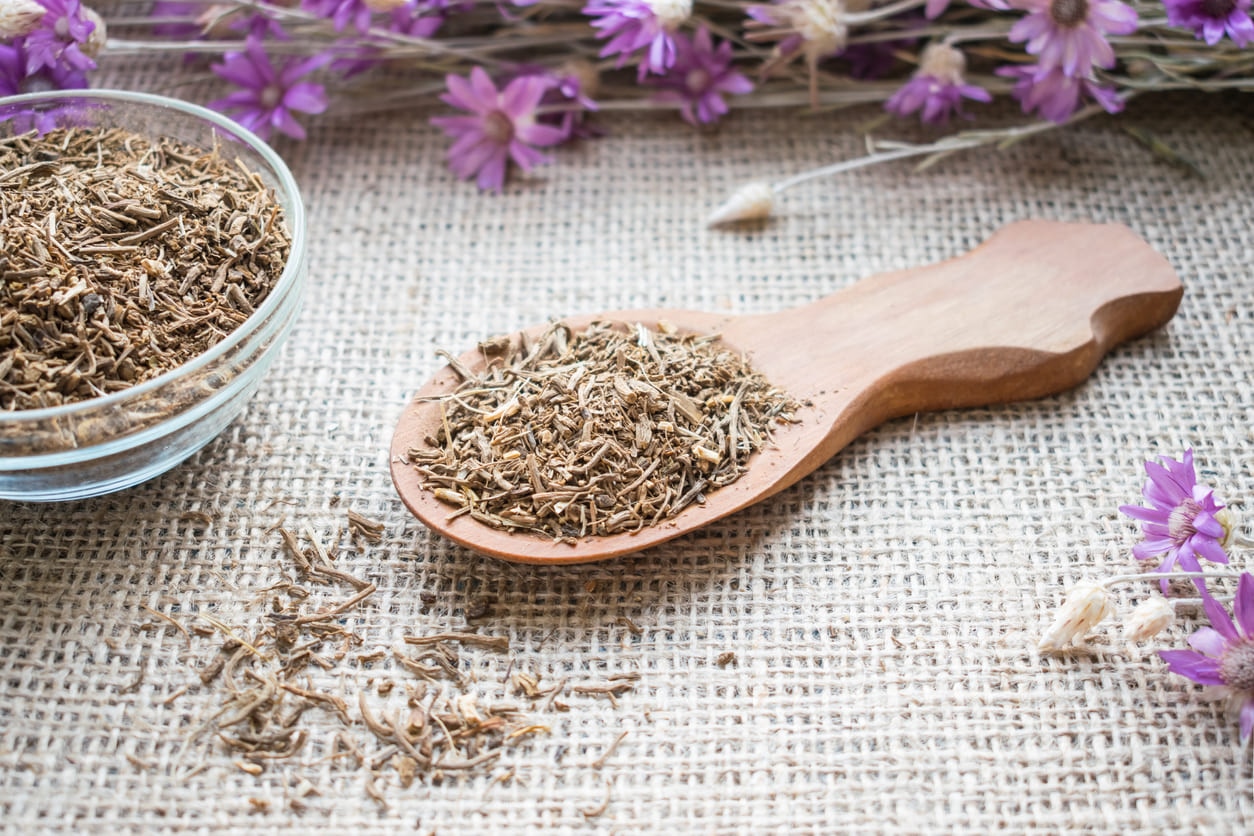
Valerian root, commonly used as an herbal sleep aid, can be found in various forms such as tea, capsules, and tinctures.
It is commonly used as a natural treatment for symptoms of anxiety, depression, and menopause. Menopausal and postmenopausal women have seen their sleep quality and sleep disorder symptoms improve after taking valerian.





